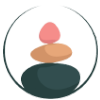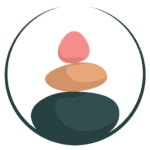Psychedelic Medicine: Types, Uses, and How it Works
Research on psychedelic medicine began in the 1950s but was canceled in the 1970s when President Nixon classified psychedelics as drugs of abuse, making them a controlled substance. Recently, however, there is a renewed interest in using psychedelics to treat mental health disorders like anxiety, addiction, major depression, and post-traumatic stress disorder, to name a few. The research shows excellent results, especially for people who have tried other medicines combined with therapy but still have not seen positive, lasting results. Types of Psychedelic Medicines
Today, psychedelic medicines come in natural and synthetic formulas. Natural psychedelics are called classic and derive from plants and fungi. Synthetic formulas are called entactogens. There are various types of psychedelic medicines used to treat mental health disorders. The drugs with the most research on benefits in therapy include ketamine, MDMA, psilocybin, and LSD. Below, we provide details on each psychedelic, as well as its use and how it works.

Ketamine
Ketamine is the anesthesia that provides a dissociative effect that feels like a high or euphoric buzz. It can make you feel like you have a mild out-of-body experience. The FDA approved a purified nasal spray called esketamine for use in therapeutic settings under the supervision of a psychiatrist. It can also be administered intravenously or by injection.
Uses: Ketamine treats people who have been diagnosed with treatment-resistant depression. It enhances psychotherapy sessions. It is especially beneficial to those who have had thoughts of harming themselves.
How it works: Ketamine, given in low doses, blocks glutamate, a neurotransmitter associated with stress caused by depression. It helps you feel relaxed, open-minded, less defensive, and willing to explore your thoughts and feelings. In this state, you can work with a therapist to change your thinking patterns. You can rewire the brain to replace negative thoughts with positive ones.
Ketamine-assisted therapy may extend the effects of ketamine beyond your sessions.
MDMA
MDMA, or ecstasy, is illegal and classified as a schedule one drug because someone who abuses it can quickly become addicted. Researchers are testing it for mental health therapy and finding several benefits when administered by a psychiatrist in low, controlled doses. In one study, 67% of the participants no longer met the criteria for PTSD after two months of treatment.
Uses: MDMA can treat people with post-traumatic stress disorder.
How it works: MDMA signals the release of neurotransmitters associated with happiness and reward, like dopamine and serotonin. You become more self-aware and can open up about your feelings and emotions. You are very in tune with your senses. It can last up to eight hours. When combined with psychotherapy, your therapist can help you address past traumatic experiences and move forward.
Psilocybin
Psilocybin fungi, or magic mushrooms, are a psychedelic medicine making headlines for its use in treating mental health disorders. While it is still federally a controlled substance, some states allow its use in mental health treatments. Its effects last for three to four hours. In a recent study, participants with depression who were given psilocybin with therapy had remarkable results. After four weeks of treatment, 54% had no more depressive symptoms. After just two doses, 67% had a fifty percent reduction in depressive symptoms.
Uses: Psilocybin is used to treat anxiety, depression, addiction, and obsessive-compulsive disorder.
How it works: Psilocybin activates dopamine and serotonin neurotransmitters in the brain. Using mushrooms for therapy opens your mind to suggestions from your therapist that lead to positive thinking. Over a few sessions, your brain can be reset to a positive mood.



Sources:
https://psychedelics.berkeley.edu/
https://www.hopkinsmedicine.org/psychiatry/research/psychedelics-research.html
https://www.imperial.ac.uk/psychedelic-research-centre/
https://med.nyu.edu/departments-institutes/psychiatry/research/center-psychedelic-medicine
https://dellmed.utexas.edu/units/center-for-psychedelic-research-and-therapy
We Look Forward To Working With You
Contact
David Bove, ND, LAc
541-636-1390
drbove@innergatemedicine.net
Inner Gate Medicine
1639 East 19 th Avenue
Eugene, OR 97403
Home
About
Services
Contact
Scheduling
Articles and Resources
